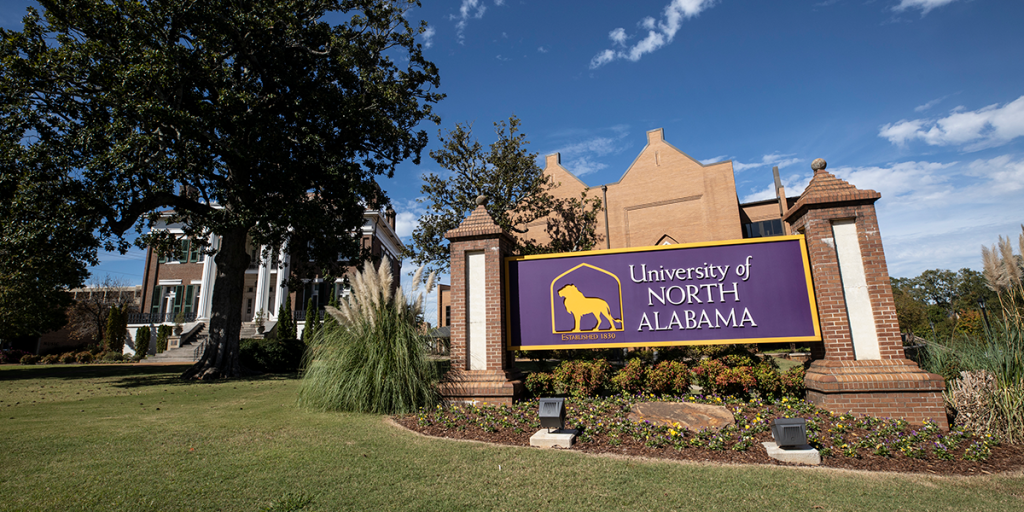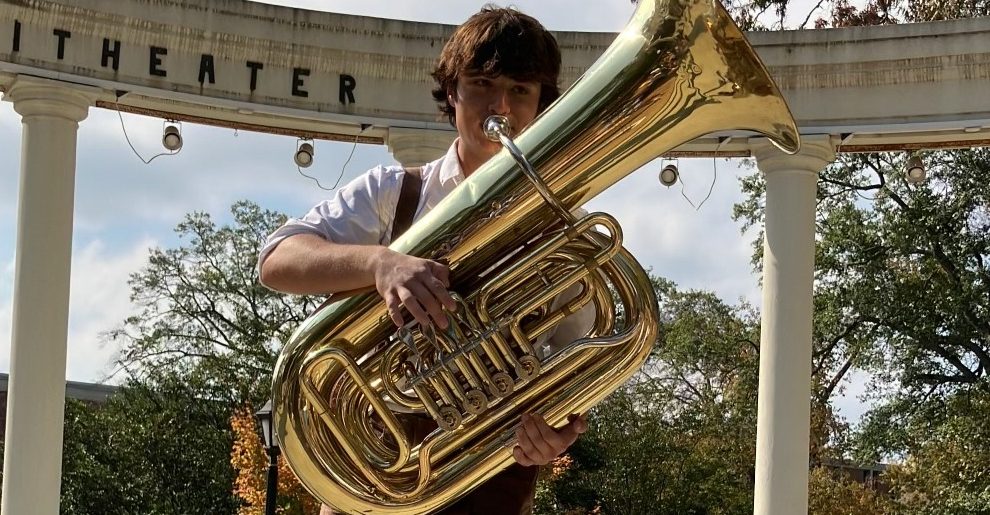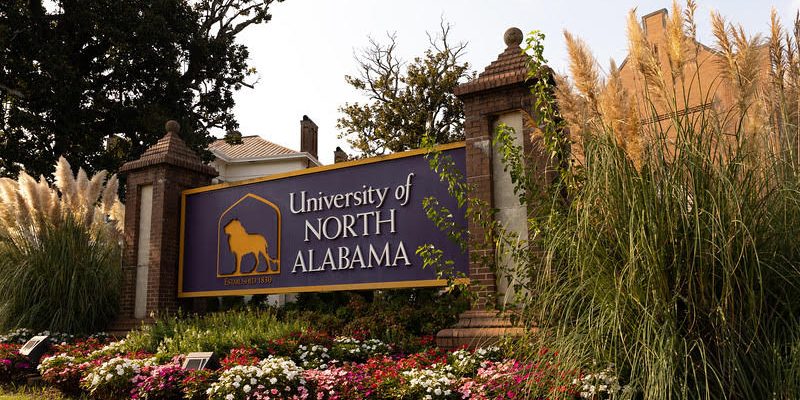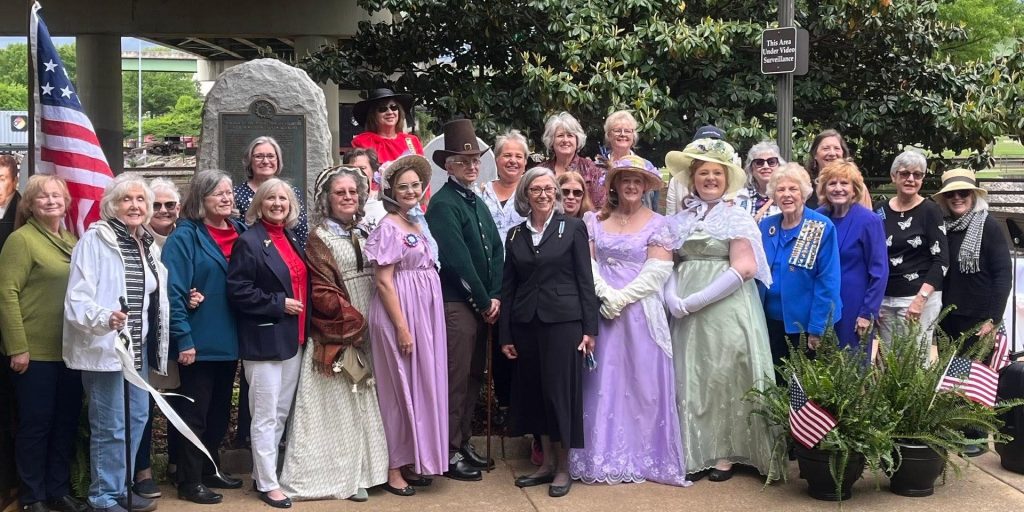FLORENCE – The Shoals Music Archive at the University of North Alabama is expected to create a way to interact with the region’s already rich and varied music heritage – past and present.
“The University of North Alabama’s new Shoals Music Archive serves as a vital bridge connecting the rich musical heritage of Muscle Shoals with future generations,” said Rodney Hall, a 1989 alumnus and owner and operator of the world-renowned FAME Recording Studios. “By preserving and showcasing the region’s storied past – from Sam Phillips and the groundbreaking recordings of the Muscle Shoals’ studios – the Archive ensures that the legacy of the Shoals musical legends continues to inspire and resonate within the community.”
 From recordings to photographs and posters to handwritten lyrics and musical scores and oral histories, the SMA promises to be a comprehensive collection of artifacts and memorabilia that capture the dynamic and diverse musical history of North Alabama from the 19th century to the present, according to Dr. Brian Dempsey, archive curator and associate professor of history.
From recordings to photographs and posters to handwritten lyrics and musical scores and oral histories, the SMA promises to be a comprehensive collection of artifacts and memorabilia that capture the dynamic and diverse musical history of North Alabama from the 19th century to the present, according to Dr. Brian Dempsey, archive curator and associate professor of history.
“Already, we know there is so much out there and even more that we don’t,” he said. “Local legend Dick Cooper captured the Shoals music scene for years, and his photographs are already part of the Roots of American Music Trail webpage for the Muscle Shoals National Heritage Area.
“Having access to these images in the SMA and making reference copies available for scholarship will be vital to creating a successful, expansive, and informative archive.”
Cooper grew up around photography. His father was a photographer, and Cooper spent much of his career as a reporter and music journalist. It was doing this work in the Shoals that provided him access to the local studios.
“I’m sitting at my desk Wednesday afternoon going ‘What am I going to write about? I know nothing about this town,’” Cooper said. “A photographer wanders through (the newsroom) and says, ‘Well, do you wanna go to a session?’ And I didn’t know what a session was.
“He took me to FAME, and I saw Mac Davis cut ‘Baby Don’t Get Hooked on Me,’ which was a No. 1 record. So I wrote a feature story about that. And three-and-a-half months later, I started a music column because that gave me my Sunday feature, and it gave me license to hang around the studio.”
Michael Burns, a long-time concert promoter, record store owner and owner of an artist management and booking company, is working with Cooper to create a book of his photographs.
“Cooper’s more than 20,000 images serve as a fascinating visual chronicle of the ‘Golden Age’ period of music made in the Shoals,” Burns said. “The scanning of these negatives is being done with the assistance of the UNA Shoals Music Archive.
“Having a facility like this ensures that materials, like those of Mr. Cooper, have a safe and secure forever home, and this facility will house his original negatives and related materials.”
Chris Reali, author of “Music and Mystique in Muscle Shoals: The sound that built the Hit Recording Capital of the World,” is also donating all of his research materials, including interviews and notes, from the book project.
“I am elated that my research materials will be part of the Shoals Music Archive,” he said. “When I began working on my book project many years ago, I traveled to numerous libraries and institutions across the country to gather sources.
“The SMA is now the first stop for whoever researches and writes the next history of this vibrant music culture.”
Indeed, the story continues to write itself, and the SMA plans to be part of capturing all of the memorabilia, artifacts, and ephemera from the past as well as what will come from musicians like Grammy-winner and Eminent Visiting Artist of Practice John Paul White.
“The Shoals has an unparalleled history in the entertainment industry,” he said. “Songwriters, artists, musicians, producers, engineers, and label heads have all called it home. An archiving like this will be an incredibly valuable asset to the community. Every day, I learn something new about our rich, diverse story.
“I look forward to seeing it all complied into one place for the Shoals – and the world – to grasp the weight of influence here fully.”
Beyond the campus, others in the music industry see the value in preserving and sharing this history.
“It’s thrilling to see this archive come to life at such a pivotal moment for the arts,” said Halley Phillips, vice president of Big River Broadcasting as well as granddaughter of Sun Records founder Sam Phillips. “Our music history is sacred ground, and preserving these stories – from my grandfather Sam Phillips’ roots and rise, to my grandmother Becky Phillips’ trailblazing role at the first all-girl radio station – matters now more than ever. The Shoals and the people who made music here helped shape the soundscape of modern music and left an indelible mark on the world.
“This archive ensures that legacy continues to inspire and inform future generations.”











